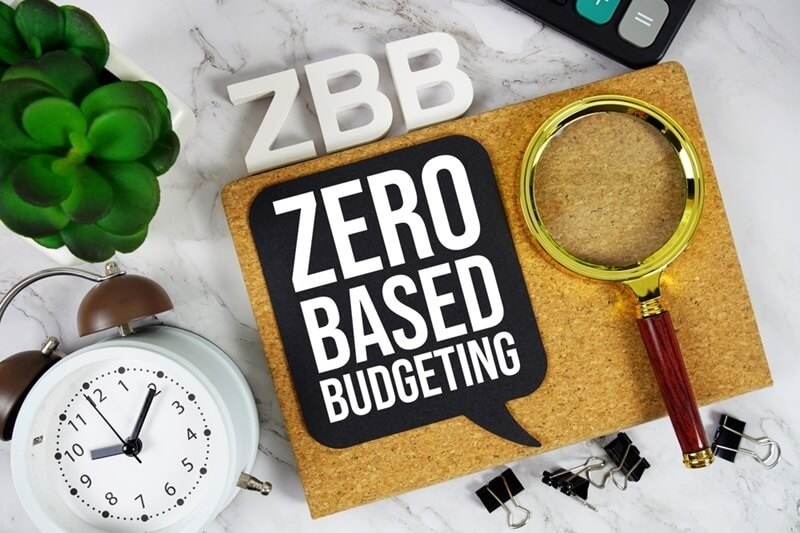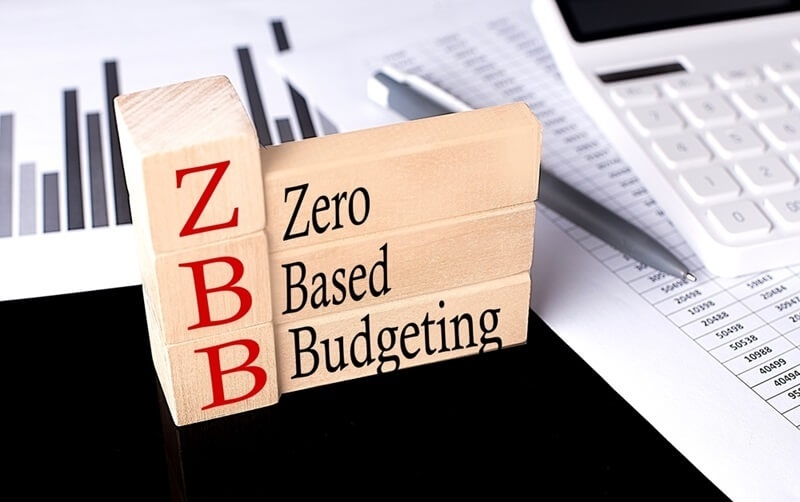
When it comes to money, most of us think we’re managing it well until the month ends and we’re left wondering where it all went. A paycheck comes in, bills get paid, a few swipes here and there, and before you know it—there’s barely anything left to save. That’s where the zero based budgeting approach comes into play. It forces you to look at every single dollar, assign it a job, and be intentional about your spending. Instead of money just slipping through the cracks, you’re telling it exactly where to go.
Unlike traditional budgeting, where you might just roll over unused funds or leave them unplanned, zero-based budgeting gives every dollar a purpose. It’s not about restricting yourself but about gaining full clarity on your finances. The goal is to stop guessing and start controlling where your money flows.
The zero based budgeting approach is simple: you don’t carry anything over. Each new budget cycle starts at zero. If an expense doesn’t prove its worth, it doesn’t make the cut.
Traditional budgeting just takes last year’s numbers, adds a percentage, and moves on. ZBB makes you stop and ask: Do I actually need this expense right now? It’s about today’s priorities, not yesterday’s habits.
For businesses, it means every department has to defend their costs. For households, it means rethinking where your paycheck actually goes.
Related Reads: How to Reduce Monthly Bills—Start Saving Without Stress!

The advantages of a zero based budget are clear if you’re tired of wasted money:
These advantages of a zero based budget explain why people stick with it even though it takes effort.
Like anything, there are upsides and downsides. Let’s get into the pros and cons of zero based budgeting:
The pros and cons of zero based budgeting make it obvious: it’s not effortless, but the clarity is worth it.
You may also like: Saving for a Large Purchase: Smart and Simple Strategies
The disadvantages of zero based budgeting deserve a closer look because they can make the process frustrating:
So yes, the disadvantages of zero based budgeting are real, but knowing them upfront helps you plan around them.
A big question is: should you budget savings zero-based budget? The answer is yes.
Most people treat savings as “whatever’s left at the end of the month.” That’s why they save less than they want. With the zero based budgeting approach, savings become non-negotiable. You write it into the budget like a bill.
That could mean:
By making savings a line item, you guarantee it happens. So when people ask, should you budget savings zero-based budget, the smarter move is to say yes.
Here’s a simple way to start:
For businesses, the process is the same but on a larger scale. Each department must show why their spending is necessary. Tools like Anaplan or Hyperion make it easier to track and justify costs without drowning in spreadsheets.
The zero based budgeting approach can feel heavy at first, so here’s how to make it work without burning out:
Don’t Miss: How to Start a Personal Budget Even If You're a Beginner
The zero based budgeting approach is about control. It’s about refusing to let your money slip away just because “that’s how it’s always been.” The advantages of a zero based budget—clarity, control, accountability—make it worth the effort. The disadvantages of zero based budgeting—time, effort, and risk of short-term cuts—are the trade-offs.
When you look at the pros and cons of zero based budgeting, the choice comes down to how serious you are about aligning your money with your goals. And when it comes to savings, the answer is simple: should you budget savings zero-based budget? Yes. Because if you don’t, you’ll always save less than you plan.
At the end of the day, this approach forces you to take ownership. Every dollar gets a job. No excuses, no mindless carryovers. Just smarter money planning.
This content was created by AI